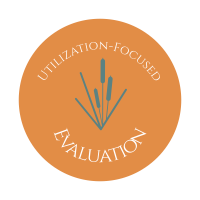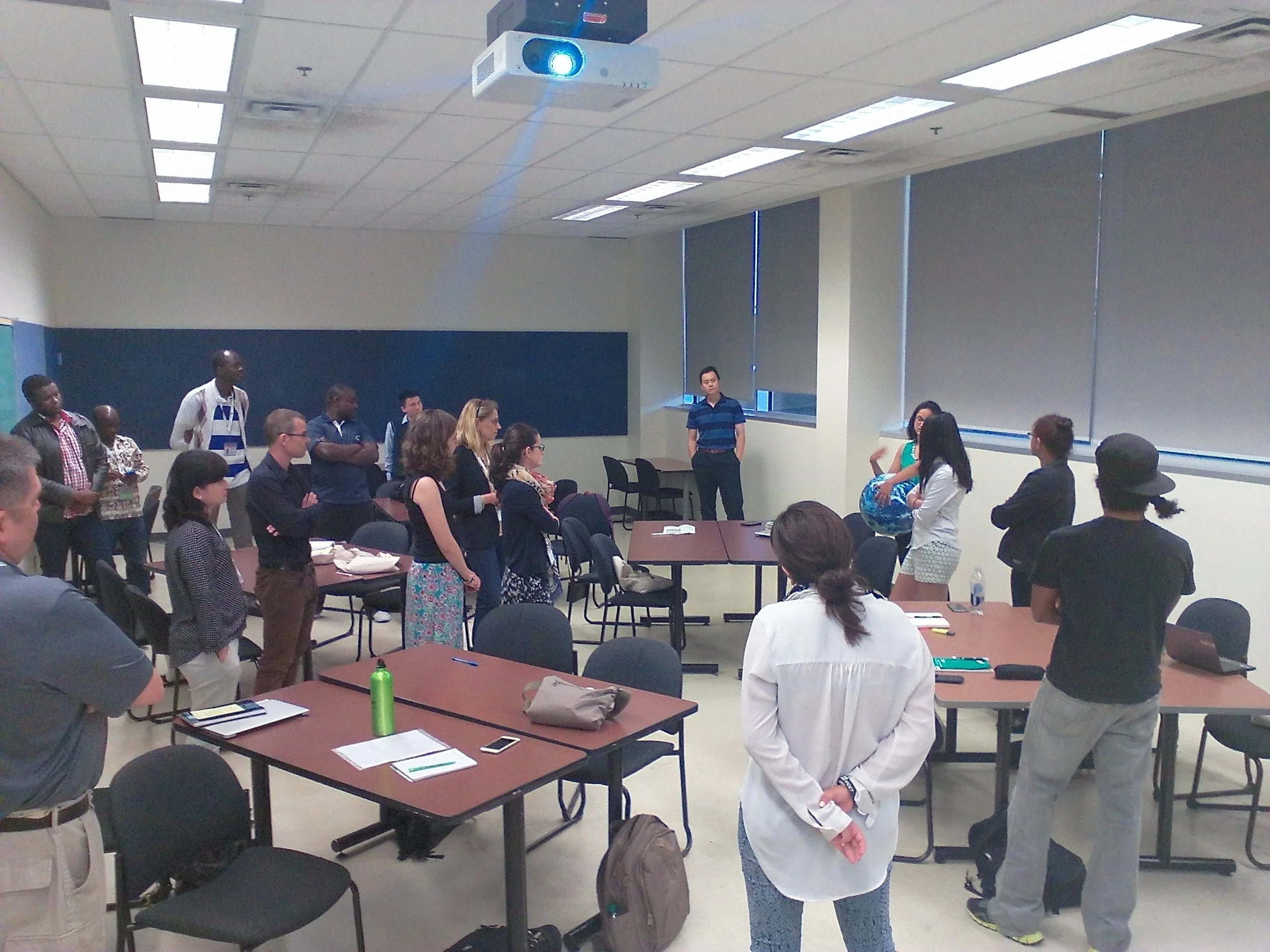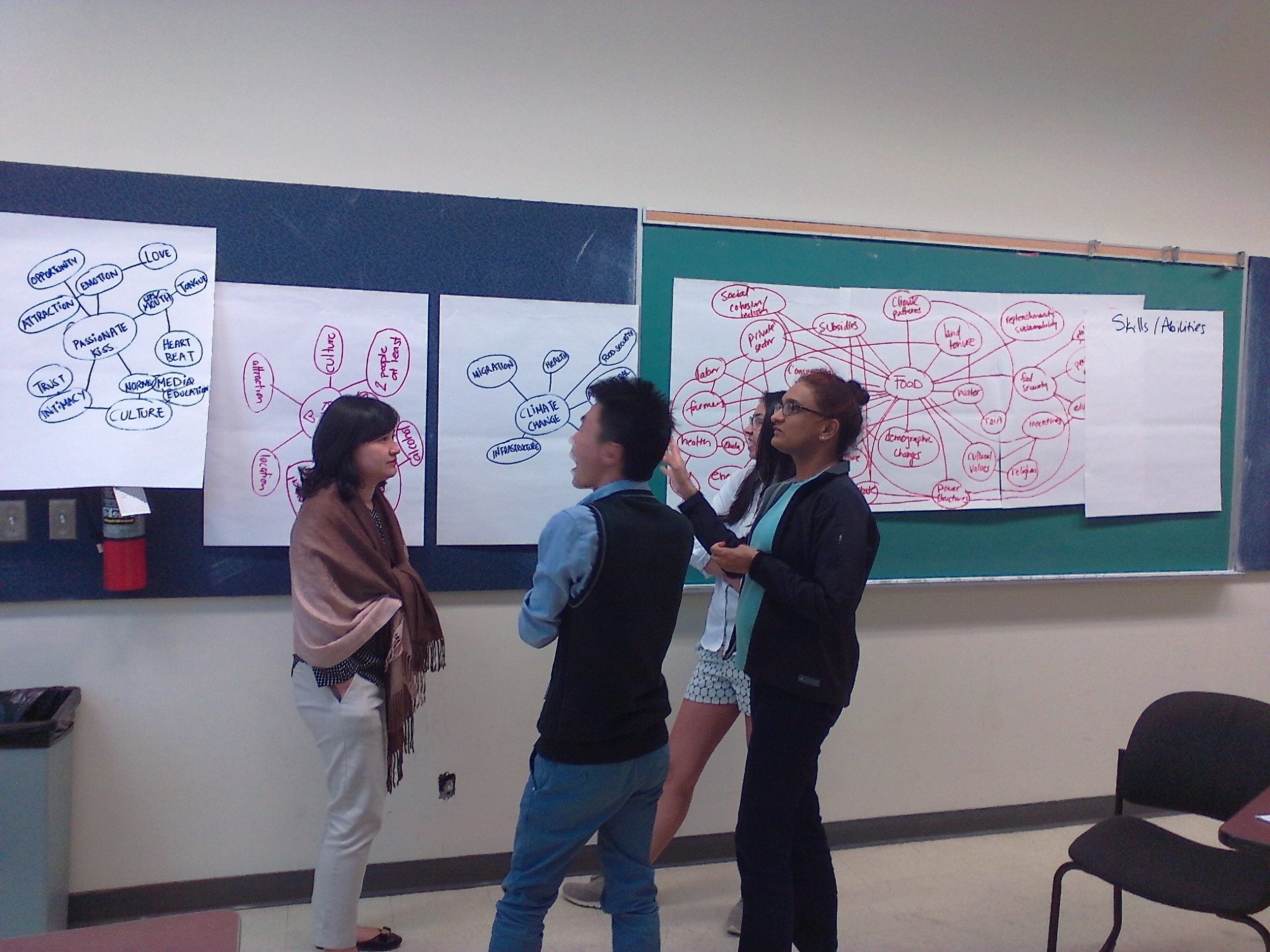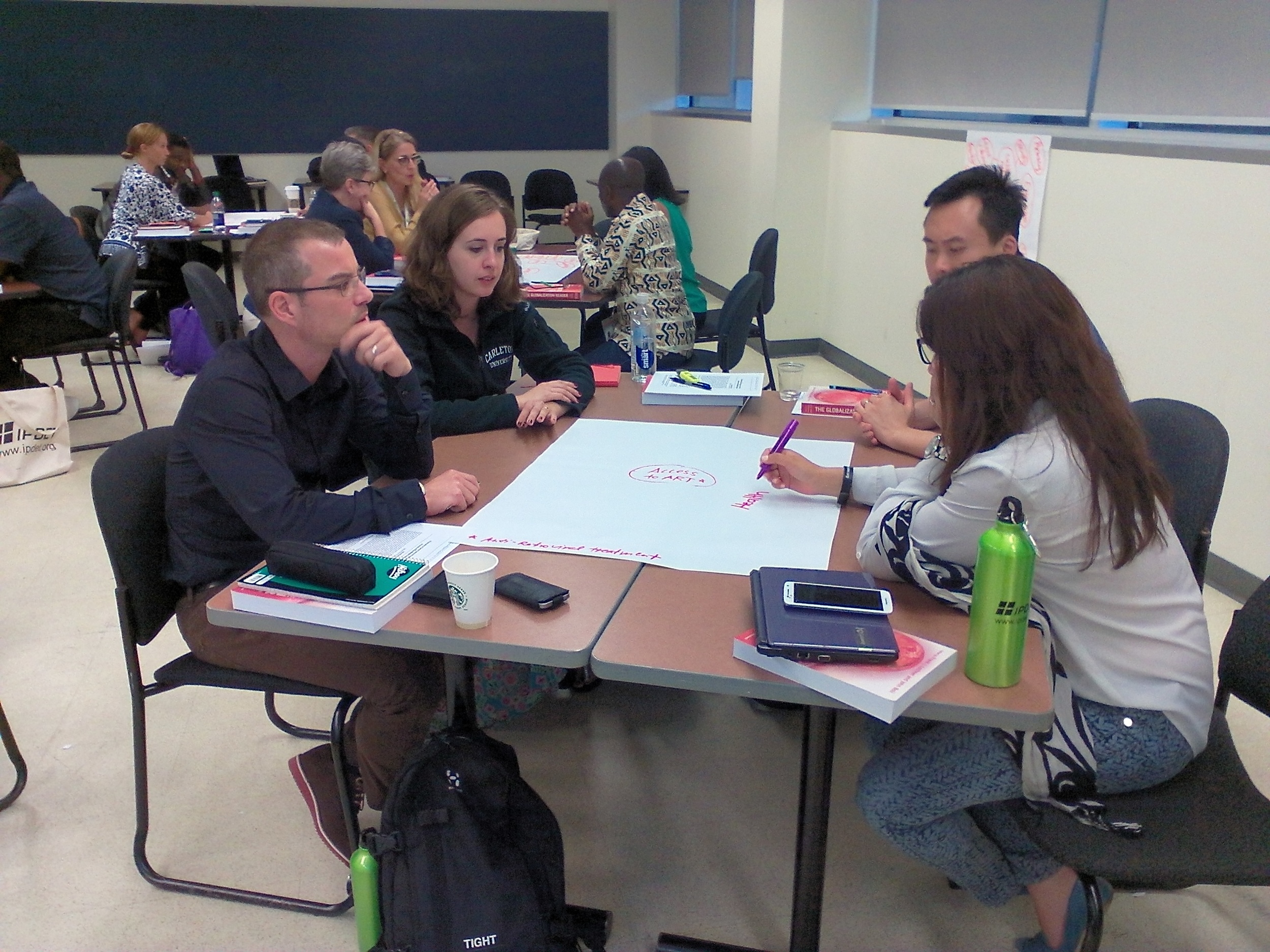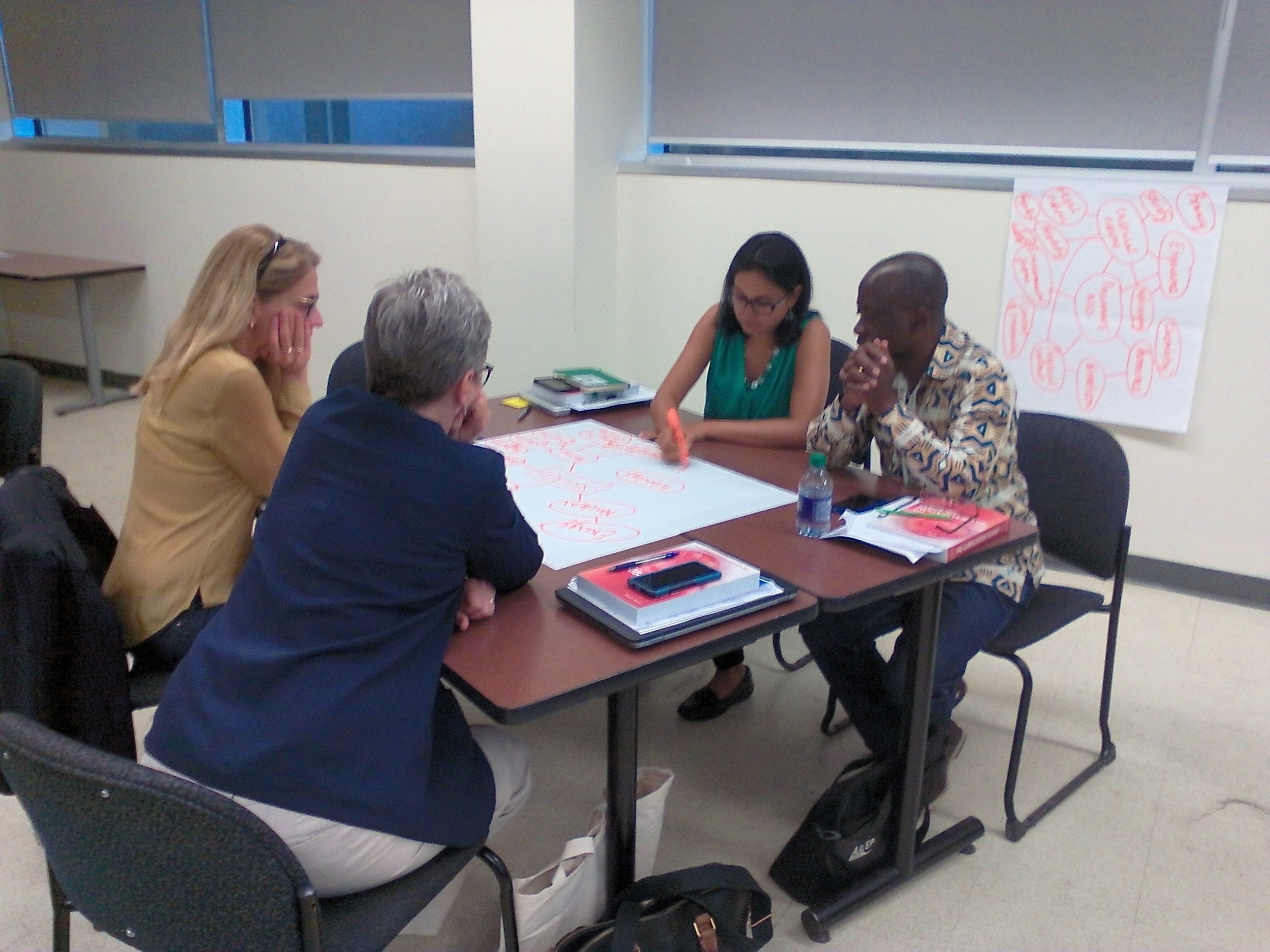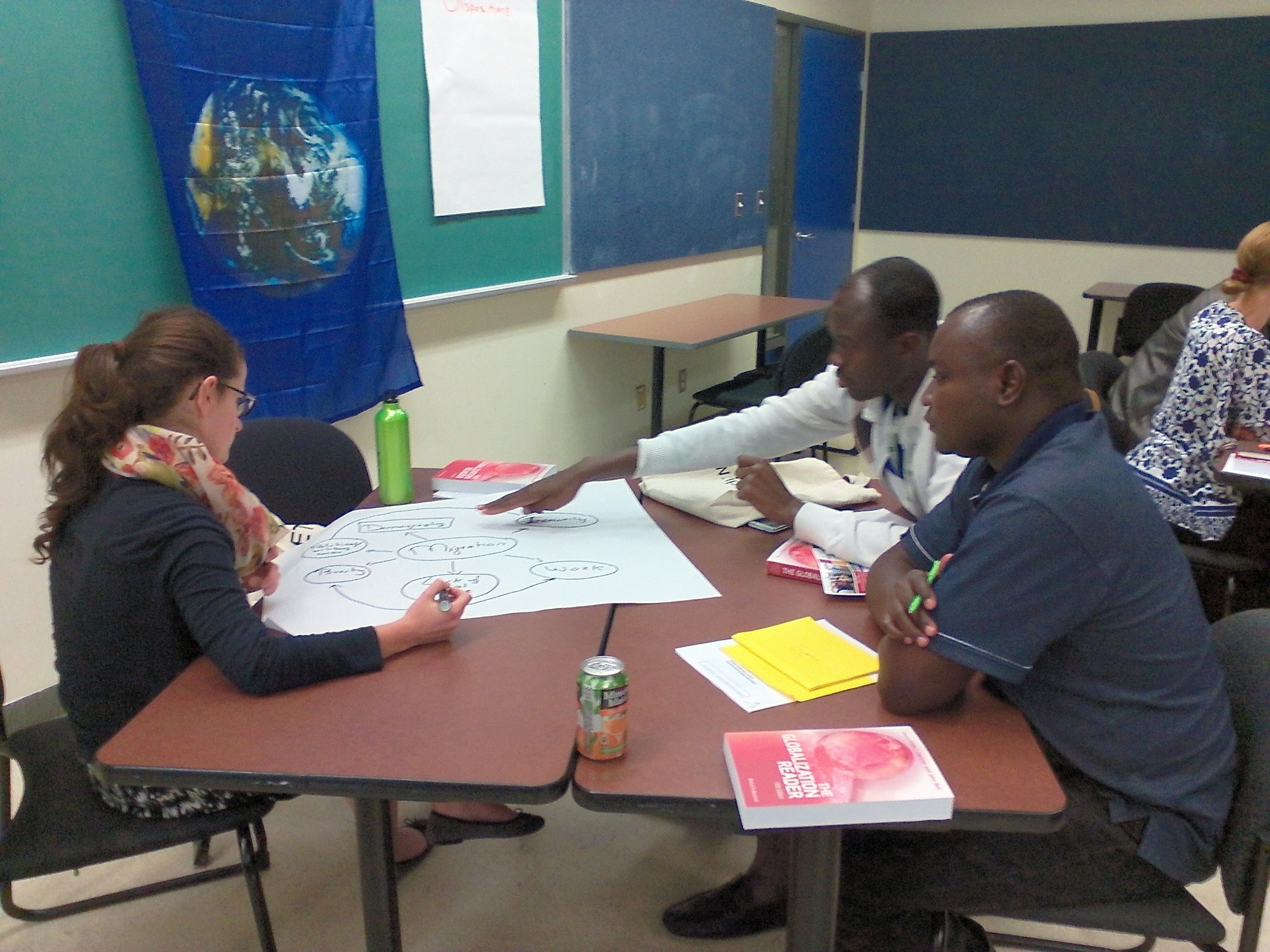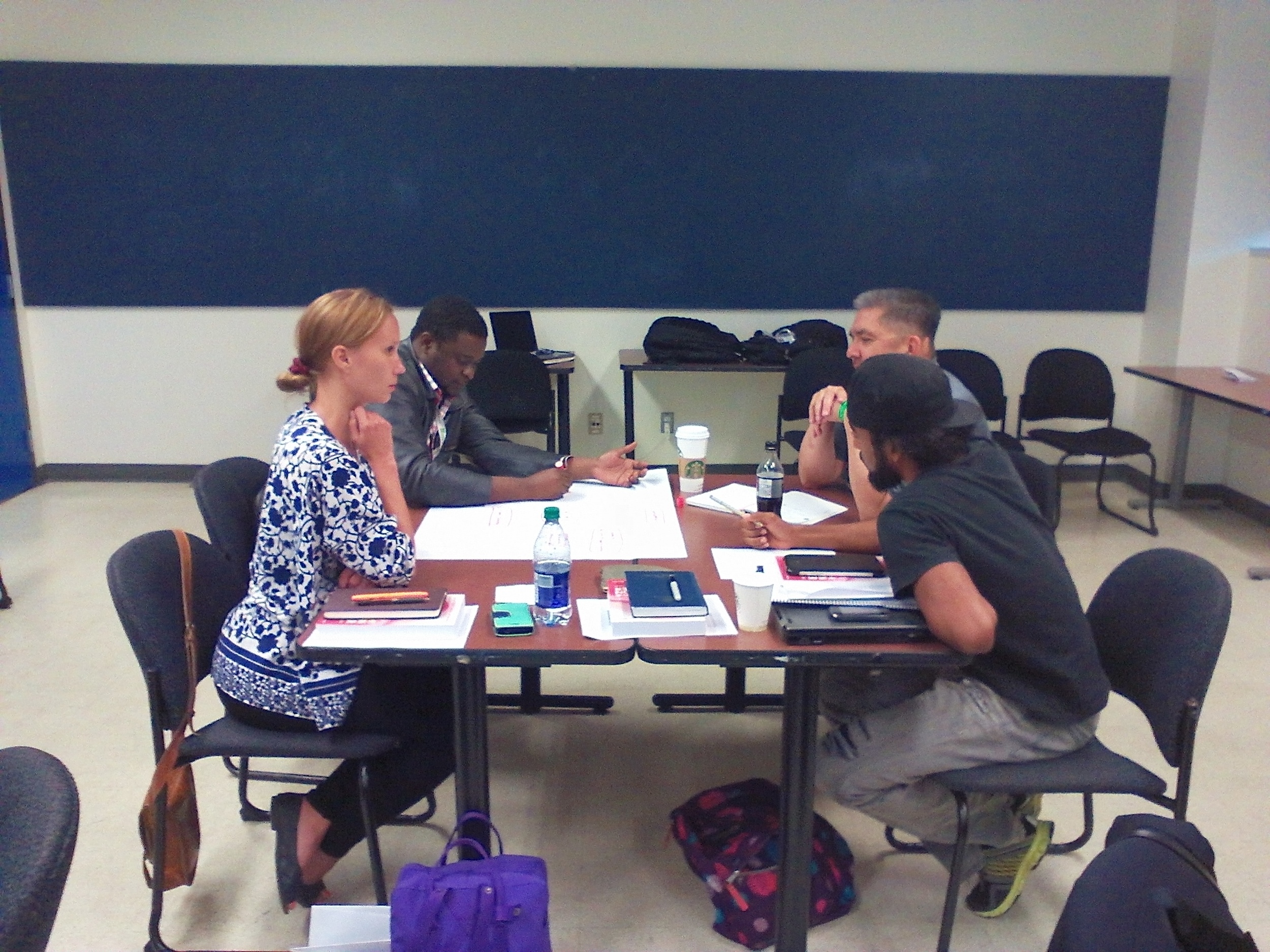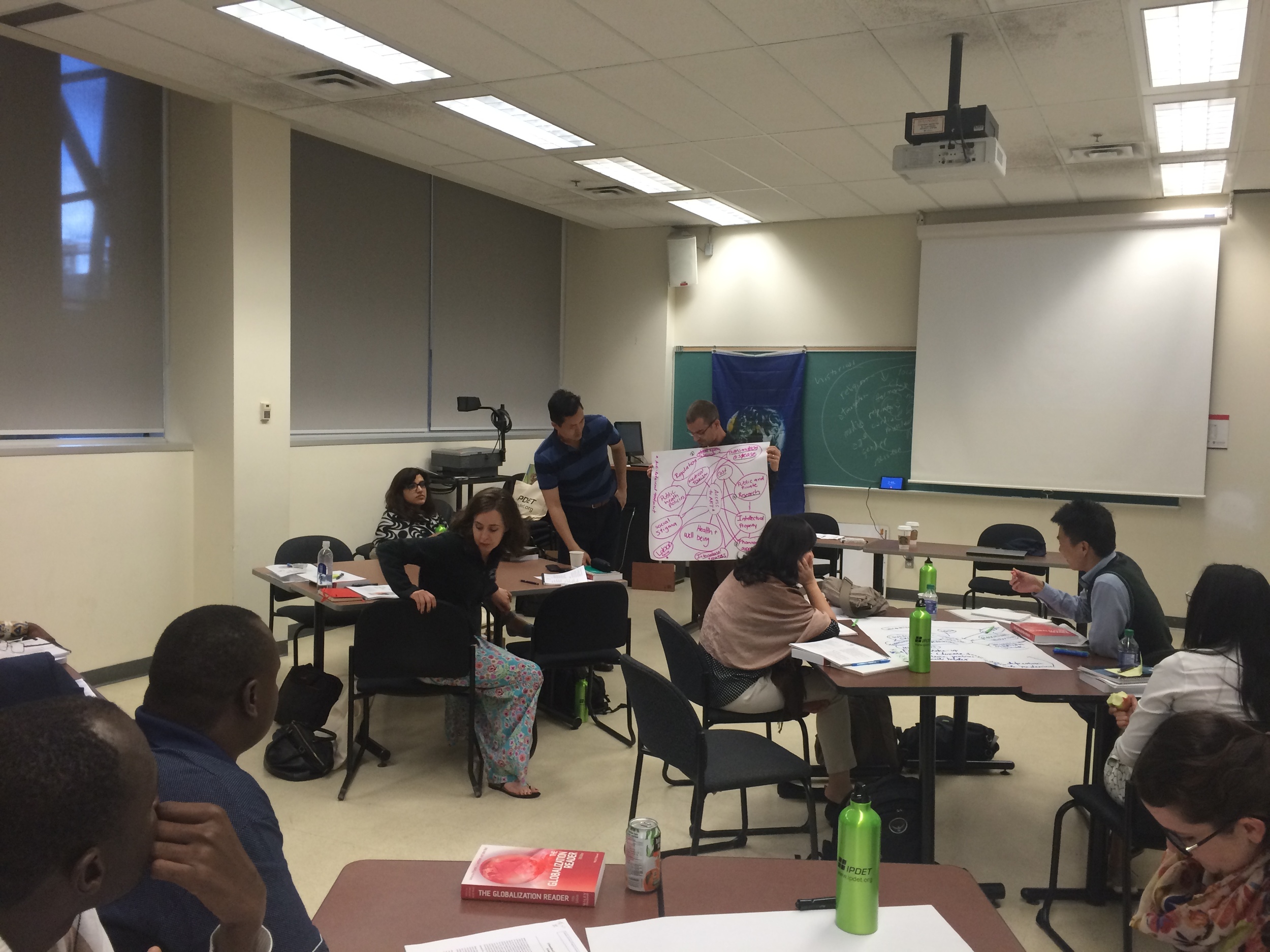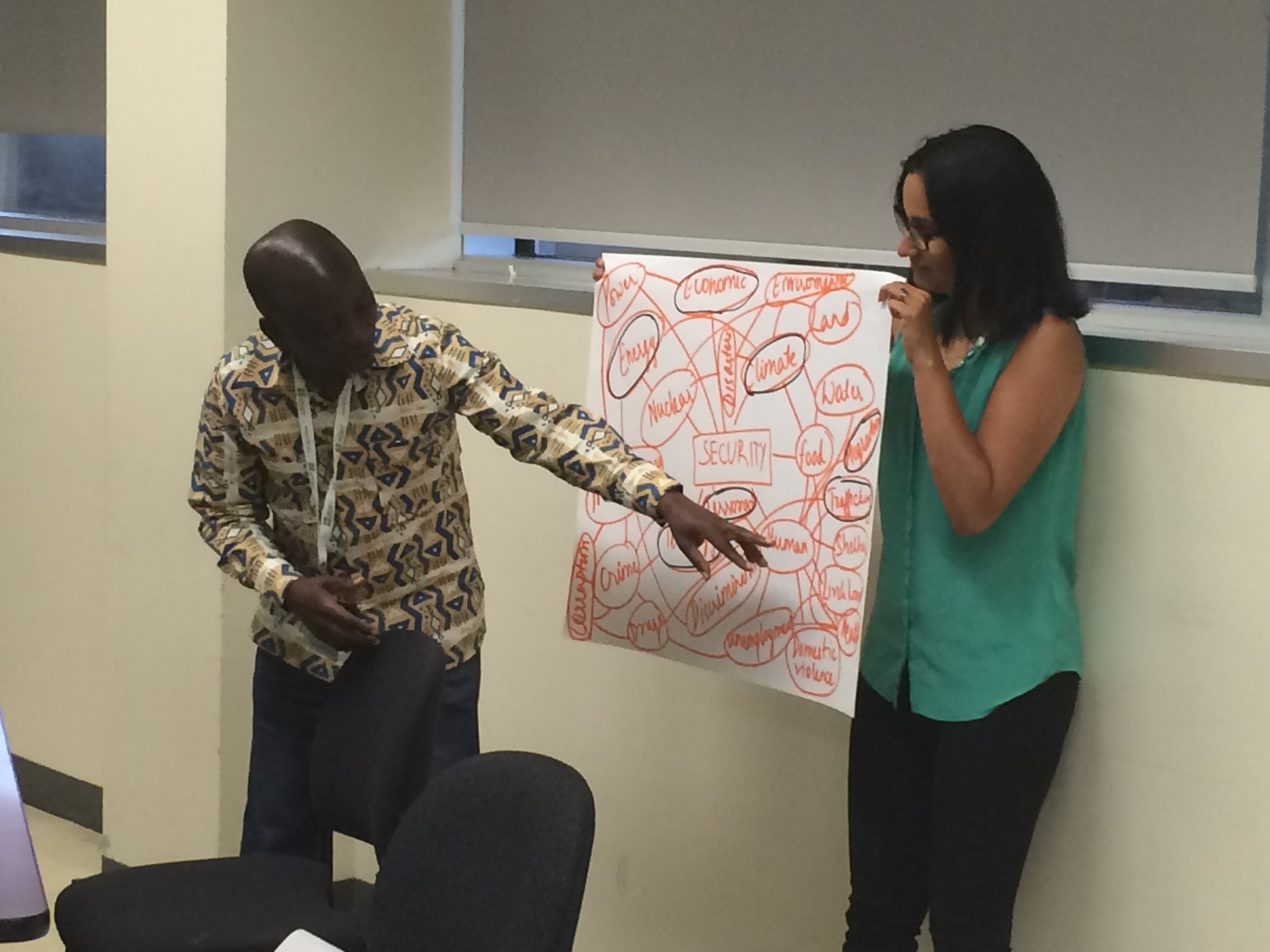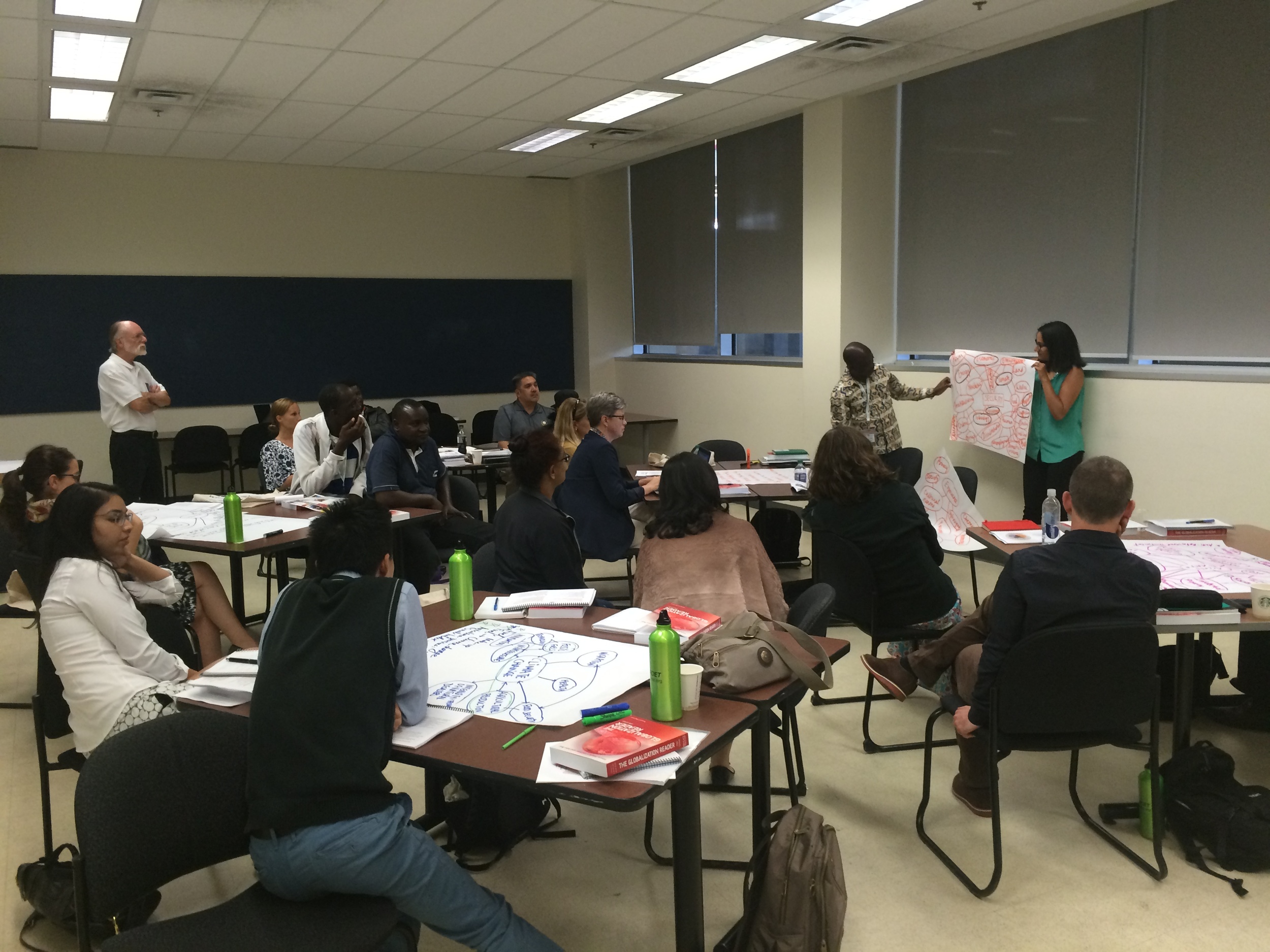Each week, leading up to the Blue Marble Evaluation book and website launch, we will be introducing a new principle of Blue Marble Evaluation. The first four weeks introduced the four overarching principles. This week we turn to the third of twelve operating principles. Click here to learn about the difference.
Principle: Engage across sectors and issues for systems change.
Basic Premise: Problems are embedded in systems. To target the problem without changing the system of which it is a part is to provide only a partial solution and one unlikely to endure. Moreover, problems are often intertwined. Interconnected problems within and across systems require systems change strategies to have lasting impact. Solving problems piecemeal leads to piecemeal solutions.
Implications:
Changing systems is different from implementing projects. Evaluating systems change is different from evaluating projects and programs. Programs and projects are based on a linear logic of causality. Evaluation of programs and projects follows that linear thinking.
Systems consist of interdependent elements interconnected in such a way that a change in one element changes connections with other elements and, reverberating through the set of system interconnections, may change the system. Tracking those changes for evaluation purposes requires mapping methods and ways of capturing changes in system interconnections and their dynamics.
Systems thinking applies to situation analysis, intervention design, engagement, implementation, adaptations, and developmental evaluation.
Cross-silos design and evaluation tackles multiple issues at once and likely requires a Blue marble team with diverse knowledge specializations and interdisciplinary capabilities.
Photo Credit: Leaflet [CC BY-SA 3.0 (https://creativecommons.org/licenses/by-sa/3.0)]
